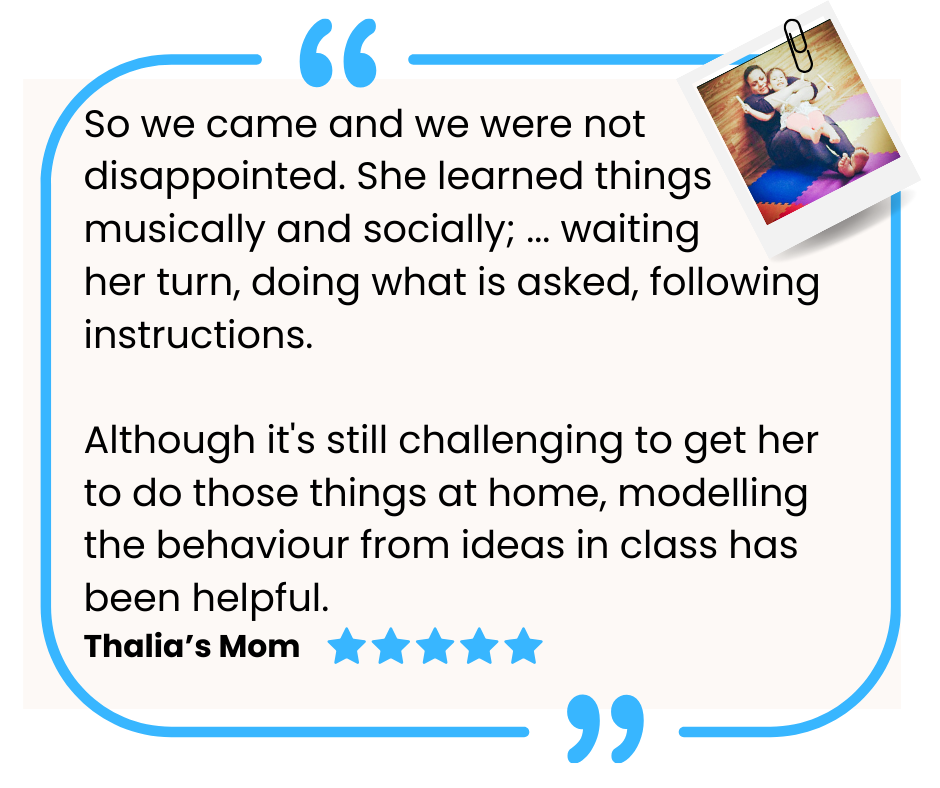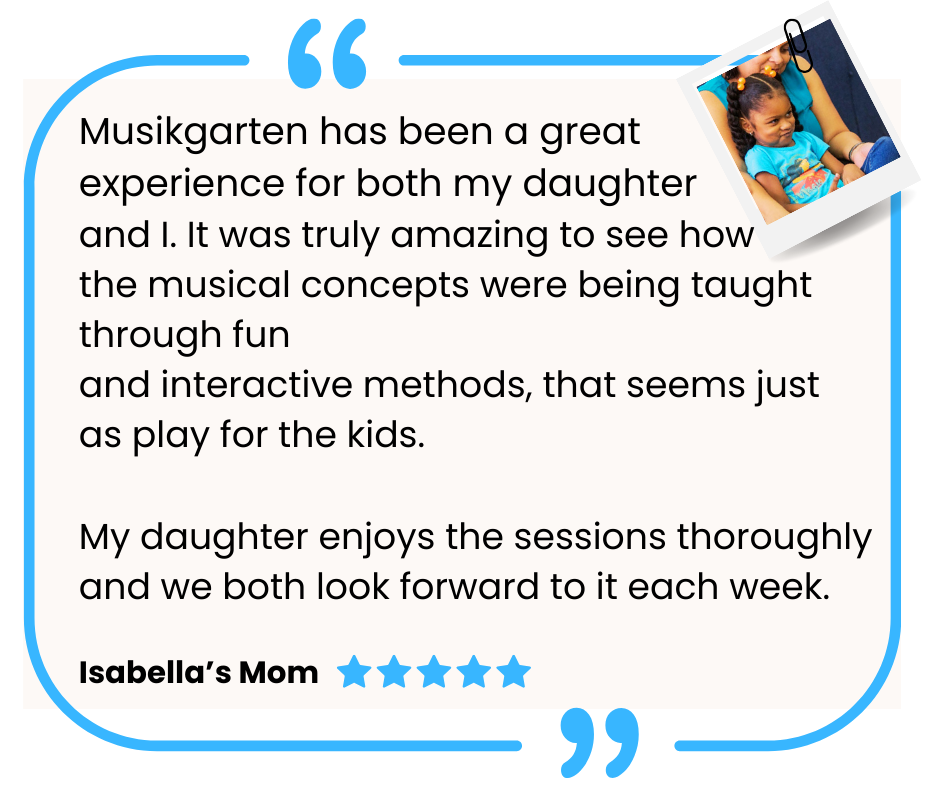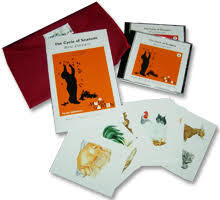Preschoolers: 3½-5yrs
Active Allegros
For Strategic Parents: The REAL Head Start Your Preschooler Actually Needs
You can keep juggling… or start here.
This research-backed music and movement programme develops the brain in ways that set your child up for long-term success — sharper focus, stronger communication, and a real learning advantage.
Give them a head start before screens shape their habits… and before the pace of primary school leaves little room for foundational growth.
Now is the time!
The Hard Truth: More Activities Don't Always Mean More Advantage.
You're a driven parent. You’re not one of those parents with kids glued to screens; you actively seek out enrichment. Maybe this is your first step into structured activities, or perhaps your child is already in a whirlwind: preschool, swimming, gymnastics, football. It’s great to expose them, to try new paths. You’re constantly running, coordinating, paying.
But let's be honest: is it truly preparing them for the real demands of primary school and life ahead? And are you, inadvertently, letting their vibrant, innate creativity get squashed before it even has a chance to flourish?
Primary school has a non-negotiable agenda: Literacy. Numeracy. Communication. Discipline. Performance and children's development gets lost in the mix. If your child isn't ready to read well, speak clearly, focus intently, and manage their impulses respectfully by then, they will struggle. Those other after-school activities, while valuable in their place, won't fix that gaping hole.
So instead of chasing pieces of the pie; What if you could invest your child's time and your valuable effort in the whole pie – the comprehensive foundation that covers everything that truly matters?
How We Build Smarter, More Balanced Kids. Faster
This isn’t just another cheerful sing-along to squeeze into your schedule. And it’s definitely not a traditional music school pushing preschoolers — whose bodies and brains are still developing — through weeks of repetition just to play one song. That may look impressive, but it barely scratches the surface of children's true potential.
This is Musikgarten®.
A globally respected, research-based system designed to power real cognitive and character development in the early years. At this critical stage, it’s not about performance — it’s about raising resilient humans.
We use sound, rhythm, and movement to sculpt the brain’s architecture, building the foundation for lifelong learning, confidence, and adaptability.
It’s not just music. It’s the most strategic investment in your child’s future.
When you come to Active Allegros Class, you're not just having fun, we're:
Nurturing Communication, Early Literacy & Numeracy. They'll process, articulate, and command language. The bedrock of future academic dominance.
Building Iron-Clad Memory & Focus. We build the working memory and unbreakable impulse control. This is mental firepower and academic discipline.
Stimulating Superior Auditory Intelligence. They'll hear more, understand faster, and react quicker. Enhanced clarity.
Igniting Creativity (Before It's Crushed). This age is a wellspring of natural genius. We amplify their unique creative spirit while building discipline. It's mastery, not conformity.
Giving you The Blueprint for Long-Term Success. Musikgarten is a sequential, progressive system. Every lesson compounds. Efficient, results-driven development. No wasted steps.
Your Secret Weapon: Home Integration. Exclusive Musikgarten® materials mean a daily advantage you control. Learning compounds for maxising and compounding impact.
How Your Involvement Prepares Them to Conquer Primary School & Life Ahead
This is where the rubber meets the road. Our Active Allegros class is precision-engineered to provide your preschooler with a tangible lead. The difference? We need YOU. And more importantly, your child needs YOU.
Your active participation isn't optional; it's the accelerator. It's the multiplier that ensures learning isn't just impactful, but compounding. This isn't another activity to fill time; it's a dedicated, collaborative brain-building session where your involvement directly translates to their rapid development.
What should a Preschool Family Music Class look like?
We Forge Their Strengths (With Your Direct Contribution):
Vocal Precision & Literacy Prep:
Developing accurate pitch and vocal control, foundational for clear speaking and phonological awareness – directly easing their path into reading and writing. Your shared engagement here reinforces every sound.
Rhythmic Mastery & Impulse Control:
Building a rock-solid sense of beat and rhythm, directly enhancing language fluency and executive function, leading to improved self-regulation and sustained attention. Your participation models and motivates their concentration.
Attentiveness and Focus
Targeted activities to extend attention spans and cultivate deep, sustained concentration – a critical skill for formal schooling. Your presence provides comfort and security, enabling deeper focus.
Integrated Movement:
Connecting physical motion to musical concepts, enhancing coordination and learning retention, all while fostering body awareness and self-control. Your movement alongside them strengthens their physical and mental connections.
Instrumental Command:
Hands-on mastery of glockenspiels, drums, and other instruments, developing fine motor skills and strategic thinking. Your guidance makes initial exploration safe and effective.
Musical Stories & Social Cues:
Encouraging imagination, social interaction, and narrative skills through music, teaching active listening and turn-taking – key components of good manners and cooperation. Your interaction teaches vital social cues and respectful engagement.
Results Speak Louder Than Promises. See What Parents Are Saying.


Your Investment in Your Child's Future: Experience the Difference, Risk-Free!
Still Want To Be 100% Sure This Is The Right Fit?
We understand. That’s precisely why we created the Introductory Ramajay Experience – your no-risk, no-long-term-contract pathway to seeing the difference firsthand.
Through one of our in-person or online Introductory Packages, you can experience the transformational classes. Witness the proven impact of our research-backed learning before any commitment
Spots are strictly limited for optimal results, so delaying means risking your child's opportunity.
This programme is for parents who truly understand the power of foundational, research-backed learning.
Ready to secure your child's head start?
Come and Ramajay with us!
FREQUENTLY ASKED QUESTIONS
Does rhythm help with literacy?
Rhythm helps preschoolers to develop concentration, their ability to focus and supports a wide range of cognitive skills such as the speedier processing of information - in other words, music entrainment can help a preschooler "think" faster.
Moreover, studies involving preschoolers have identified connections between maintaining a steady beat, pre-literacy skills, and listening skills.
Therefore, providing opportunities for preschoolers to comprehend and internalize rhythm is not only a fundamental aspect of music education but also essential for their success in school and even sports.
So this class isn't just about becoming more musical?
This multilingual music and movement class is tailored for the developmental needs of the preschool-aged child. It will establish your child's foundation for music learning through:
- tuning the voice and developing listening capabilities
- advancing language and communication abilities
- engaging in self-regulation and self-discipline
- promoting control of gross and fine motor movements
- building social skills through ensemble development,
- promoing independence and interdependence through movement
all skills that impact school readiness and all areas of academic learning.
Why are sessions group based vs individual?
Studies have found that group-based music lessons can improve children's language skills and executive functions. Researchers have even recommended that group-based music education should be included in national school and preschool curricula, not only because children enjoy learning music-related skills, but also due to its positive impact on their overall learning.
If music education is not included in your child's preschool, they are missing out. The good news is you can bridge this gap by enrolling them in our group music classes for preschoolers!
Should my child be focusing on playing a particular instrument at this stage?
In this class we use percussion instruments like rhythm sticks, maracas, jingles, bells, drums, glockenspiel, tone/resonator bars with mallets, and mini steelpans. These easily manipulated instruments are a perfect for those small hands with bones that are still fusing.
Making a young child focus on more complex tasks without this foundation can lead to not only frustration, but a misconception that music is just about playing the right notes at the right time, when it's so much more!
We need to help our little ones develop the auditory perceptual and motor skills needed to maintain a steady beat, while singing, give them opportunities to learn how to self-regulate to wait their turn, and comfortably play in sync with friends with enjoyment.
Parents, it’s important to remember that children under the age of 6 are still in the "hands-on" concrete learning stage. They need to see and play with things to really understand them before they can start learning in more "thinking" abstract ways, which usually happens around age 7. So there's no rush to get them to play Für Elise on piano :-) They'll get there soon.
Why choose this multilingual music and movement class over other after-school activities?
At Alabanza Music, we understand children and how children learn and benefit from music through evidence-based practice. With a neuromusical multilingual educator or highly trained bilingual musician leading the way, Alabanza Music makes learning a joyful experience.Recent studies highlight important connections between music and language acquisition, suggesting that exposure to music and multiple languages could provide children with an early advantage in developing proficient communication skills.
Parents, this is where your child’s love for music and languages takes off as we help you build global citizens that stand out from the crowd!
What Should a Class for Preschoolers look like?
Get ready to transform that boundless energy and channel that curiosity, into a world of learning through active music-making; nurturing your growing child’s ability to use language and participate in dramatic and play, balanced with calm and focused moments, all within a musical context.
Fun-filled and frustration free! We're up and down on the floor, singing, chanting, moving, doing focused listening, exploring musical instruments, creative movement, poems, storytelling and playing musical games and sensory play.
In our award-winning and internationally renowned Musikgarten® programme, you get to celebrate your preschooler’s growing independence and encourage a love of the outdoors while instill positive values with musical activities involving themes of nature.

Keep the learning going at home
Research shows that musical experiences at home are also a major contributor to the development of grammar in preschoolers.
As such, we encourage and support continued musical play and learning at home with families.
When you enroll for the Semester you'll have:
*Exclusive access to our e-learning resources.
*High quality digital recordings with fine children’s choirs, adult voices and outstanding instrumentalists
*Parent guide-songbook with high gloss picture cards
all of which will give you many opportunities for enjoyment in your preschooler
This is It. The One Activity That Changes Everything For Your Preschooler
Did you know 90% of your child's brain develops by age 5? Don't let this critical window of opportunity pass! Our Preschool Music Class is specifically designed to leverage these formative years, giving your child an unparalleled head start.
Loved your Intro to Music? Here's what's next...
If you and your little one are ready to truly dive deeper and unlock the full power of music education, this is your moment! You can seamlessly transition into our Full Semester then Annual Membership, maximizing your child's potential.
Here's what awaits you:
✅ Your personal Musikgarten® Family Kit to extend the learning and fun at home.
✅ Weekly Digest of Parenting Hacks to keep the musical marvel going effortlessly.
✅ Personalized support from our dedicated team, guiding you every step of the way.
✅ Official Musikgarten® Certification option to recognize your child's progress.
This isn't just a membership; it's an investment in your child's holistic development, creativity, and future connections.
Membership packages are available with flexible payment options.
If you'd like to continue after your Intro Package — we’ll make the transition super easy and incredibly rewarding for you. This is an opportunity you won't want to miss!


